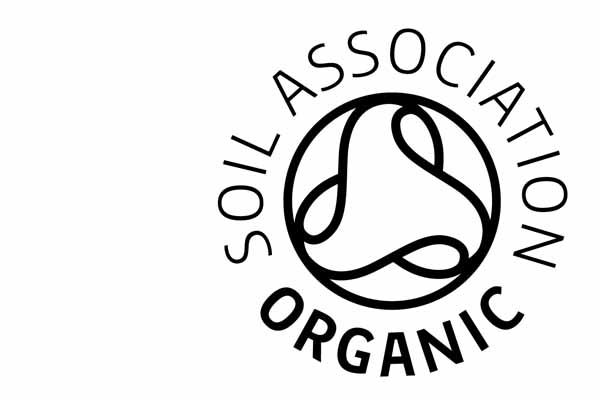The Good, the Bad and the Ugly

We do a lot of ugly things in the name of beauty.
Those nips, tucks and injections sit at the extreme end of things. But even in everyday beauty products you’ll find a range of chemicals that belong on the factory floor and not on your face. Unless, of course, you choose organic .
Although we tend to think of the skin as a barrier, in reality it is more like a sponge absorbing up to 60% of what we put on it. So making sure the products you use are as free from undesirable ingredients as possible is always a good idea. The good news is that you don’t need all the chemicals that have become such a mainstay of the beauty industry in order to keep your skin looking good.
One of the main benefits of using organic products on your skin is that they don’t contain the penetration enhancers, solvents and preservatives – things like parabens, methylisothiazolinone, and phthalates – that have been shown to have toxic effects.
They don’t contain nanoparticles or GM ingredients. And they don’t contain ingredients like ingredients like polytetrafluoroethylene (PTFE) – essentially Teflon – a bit of cosmetic trickery, added to make your skin feel smother, without actually doing anything to repair or nourish it.
Organic ingredients have been shown to contain higher levels of natural antioxidants which help to defend against free-radical damage caused by stress, environmental pollutants and the sun. There is also evidence that they can protect both collagen and elastin, the structural proteins of the skin, necessary for a healthy, smooth complexion.
Some of the ingredients used widely in organic skincare such as rose, witch hazel and white tea have been shown scientifically to have very potent anti-inflammatory and anti-oxidant activity on skin cells.
Most of us buy beauty products because we want to see results on our skin. But for a product to be truly organic it needs to ‘perform’ on several levels.
Of course it needs to be great for your skin. But it also needs to be environmentally great; it needs to be a product that was grown in such a way that it doesn’t involve pesticides and fertilisers and other things that destroy land. It needs to perform all the way from the farm to your face.
A truly organic and ethical product pays attention to every step of the production process and produces a product that you can feel confident in buying. Growing consumer demand for organic products and the historical lack of specific organic regulations for cosmetics has led to an explosion of new brands on the market claiming to be organic. Some of these, as a recent Soil Association survey found, contain very few organic ingredients at all, and others contain quite a few synthetic ingredients that most of us would do better to avoid.
We’re campaigning to change that situation. In the mean time, the best way to ensure you are getting a quality product that brings benefits to your skin is to make a change to certified organic products that are kind to your skin and kind to the planet as well.
Pat Thomas is a journalist, author and campaigner and a Trustee of the Soil Association
- This blog was written for the Soil Association website, for Organic Beauty Week, September 2013 (no longer on SA site)












